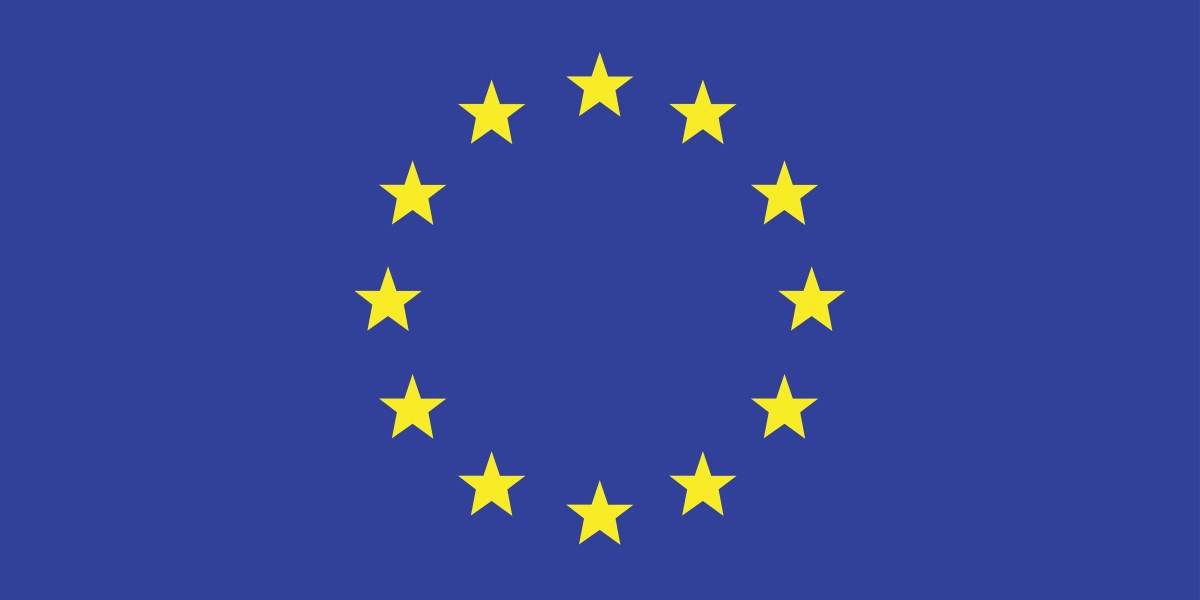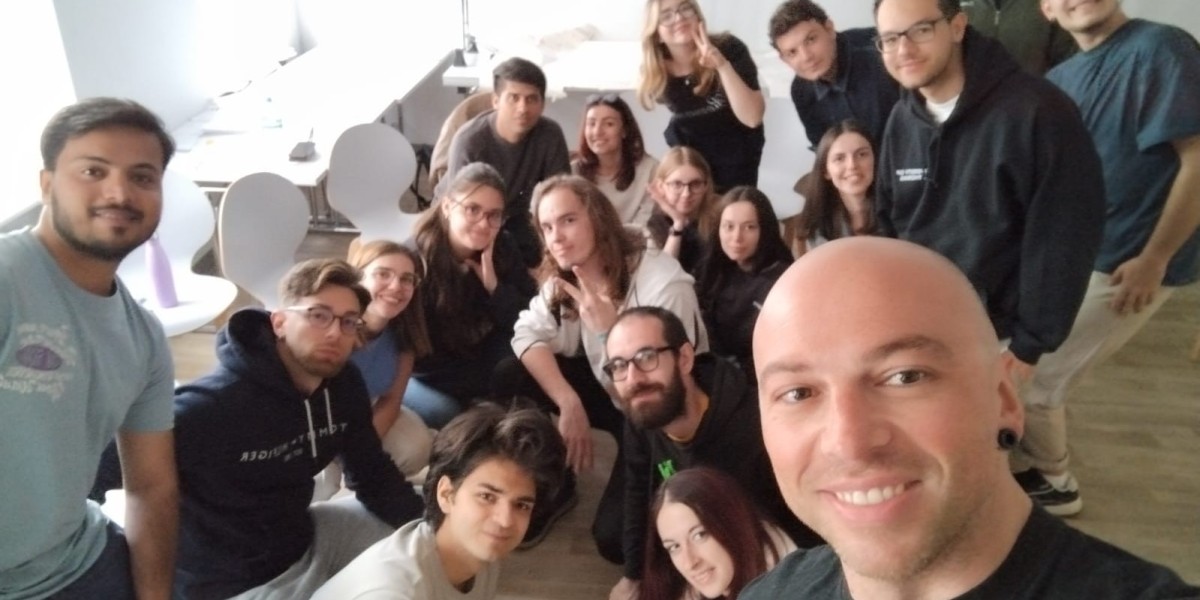What is Erasmus+?
Erasmus+ is an EU-funded program designed to support education, training, youth, and sport in Europe. It builds on the success of its predecessor, the Erasmus program, which was initiated in 1987. The name "Erasmus" pays homage to Desiderius Erasmus, a Dutch Renaissance humanist, as a symbol of mobility and openness to different cultures and ideas.
Key Objectives
Erasmus+ is multifaceted, with several key objectives:
Learning Mobility: Erasmus+ facilitates the mobility of students, staff, and volunteers across European countries. This mobility can be for study, training, volunteering, or professional development, fostering a sense of European identity and a deep understanding of different cultures.
Cooperation Projects: The program encourages institutions to collaborate on projects that address shared challenges, exchange best practices, and develop innovative solutions in education, training, and youth work.
Policy Support: Erasmus+ supports modernization and reform in the education and youth sectors, contributing to Europe's efforts to create a more competitive, knowledge-based, and inclusive society.
Sports: The program promotes physical activity, inclusion, and the development of European grassroots sport.
Benefits of Erasmus+
Participating in the Erasmus+ program offers a wide range of benefits:
Enhanced Academic and Professional Development: Students and professionals can gain new skills, knowledge, and experiences that can significantly boost their academic and career prospects.
Cultural Enrichment: Living and studying in another country exposes participants to different languages, traditions, and perspectives, broadening their horizons and fostering tolerance.
Language Proficiency: Immersion in a foreign culture is a powerful way to learn or improve language skills.
Global Networking: Erasmus+ participants build international networks that can be invaluable in their future careers.
Personal Growth: Living independently in a foreign country can help individuals develop self-confidence, adaptability, and problem-solving skills.
Financial Support: Many participants receive grants or scholarships to help cover travel, living, and program-related expenses.
Contributions to a More Inclusive Europe: The program promotes social inclusion, equal opportunities, and active citizenship, striving for a more cohesive and united European society.
Conclusion
Erasmus+ is an incredible initiative that has transformed the lives of countless individuals and significantly contributed to the European Union's vision of a united, diverse, and knowledge-driven society. Whether you're a student seeking international exposure, an educator looking to exchange best practices, or a professional eager to broaden your horizons, Erasmus+ can provide a life-changing experience and enrich your personal and professional growth. Embrace the opportunity to be part of this remarkable program and explore the world while contributing to a better, more interconnected Europe.






